What does it feel like to be deaf?

(I’m not deaf – hence the disclaimer that follows.) A couple of months ago, I had this weird question in my head. Does someone who is deaf know that a fart makes a sound? It’s super silly, but it brought on another, bigger question, ‘What does it feel like to be deaf?’
I can’t imagine not being able to hear, so I did some research (and by ‘research’ I mean I Googled it).
I would love to have done an interview with an actual deaf person, but I don’t know anyone, hence the disclaimer.
Disclaimer: This post is derived from what I read on the internet and might not be completely accurate. If you are a deaf or hearing-impaired person, please reach out and educate me on any points that I got wrong.
You’re wondering about the fart thing, aren’t you?
I Googled whether deaf people know that a fart makes a sound and the results varied – some knew, and some only found out in embarrassing ways (like in class).
It seems like deaf people who were mostly surrounded by other deaf people while growing up, didn’t know because no one could hear it to call them out on it. People would just smell something funky in the air, and the origin would be quite the mystery.
On the other hand, it seems like deaf people who were mostly surrounded by hearing people knew that a fart makes a sound.
My follow up question is, if you are deaf and you know that a fart makes a sound, how do you try to hide a fart (let it slide – if you know what I mean) if you can’t hear if you’re successful?
Okay, enough about farts.
How do you become deaf?
There may be various reasons for hearing impairment, such as genetics, ear infections (not sure how this happens), exposure to extremely loud noises, diseases, and it can happen as a part of ageing.1
Being deaf is a difficult thing to understand because there is a continuum. Some people can hear a bit and are hearing impaired, and some cannot hear anything. Also, you can be born deaf or become deaf later in life. It’s a whole different experience from being born deaf to becoming deaf later in life (as you will read in this post).2
Apart from becoming deaf over time as you age, there is also ‘sudden sensorineural hearing loss’, also known as sudden deafness. With this disease, you lose your hearing all together in a short time, or over a couple of days. This usually only happens to one ear.3
It must be very frightening waking up one morning and you can’t hear in one ear. However, if treated, you can regain some or all of your hearing.3
Something you should understand
A lot of deaf people don’t consider themselves to be disabled, they just form part of a different community. I’ve heard this from a couple of people who took sign language at university. Most deaf people can lead a conventionally normal life, like going to school, dating, working etc. There’s no reason to think that deaf people can’t do what hearing people can do.1,2
About 5% of the world’s population is deaf or hearing impaired – that’s around 360 million people.1 So I think it’s good to educate yourself about this community.
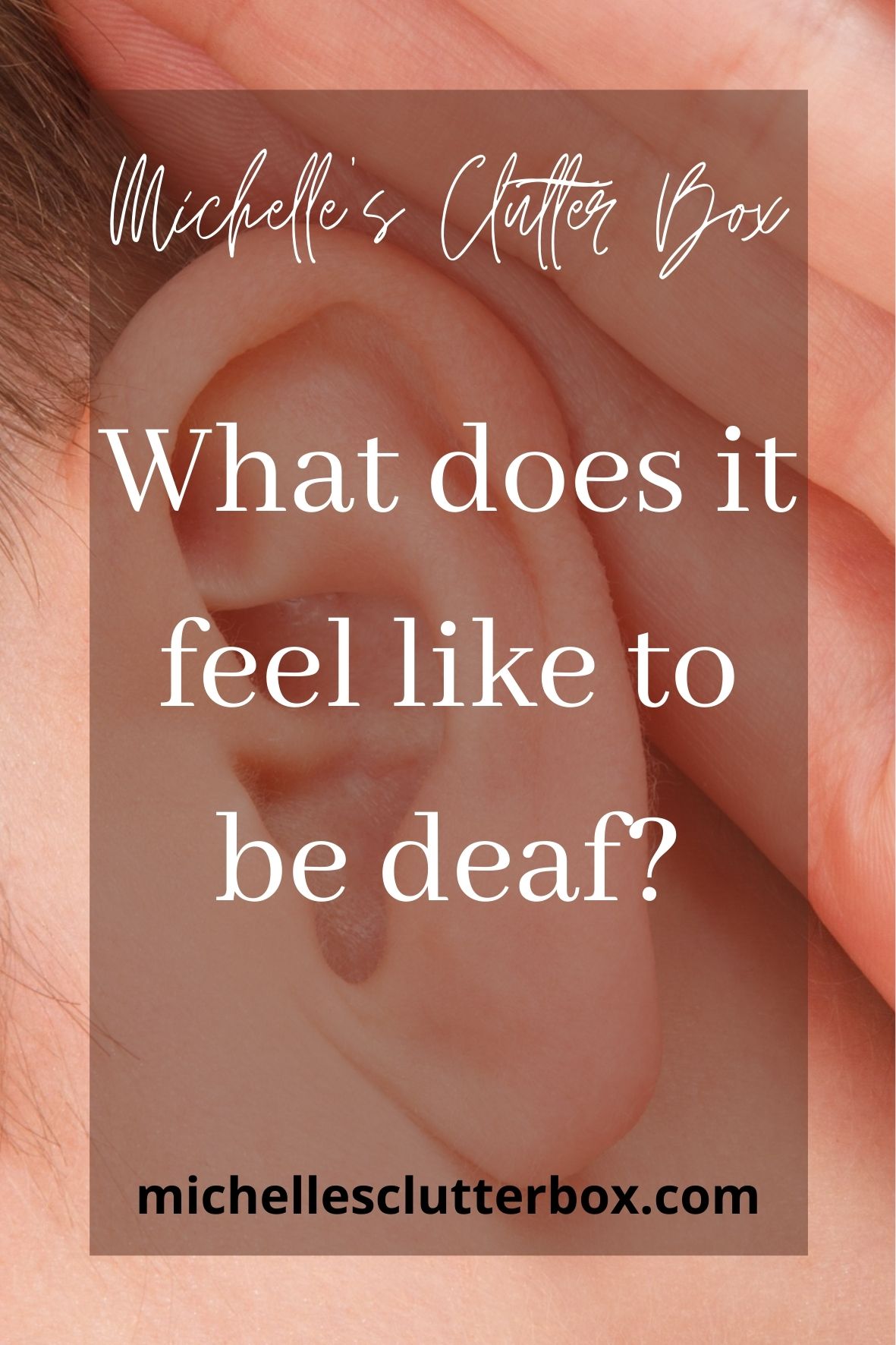
Language deprivation
From what I read, many people who were born deaf or with a hearing impairment suffered language deprivation. (I’ll elaborate on this later) This is because they’re forced to fit into an oral culture where they need to lip-read. But it’s so much better to use sign language.1
Sign language is a visual language that not only uses the hands but most of the upper body and also facial expressions. It’s considered a language in its own right, just like here in South Africa. Did you know that American sign language is the most used language in the US (Only after English and Spanish)? 1
Each country has its own dialect of sign language, just like there’s a difference between American Sign Language and South African Sign Language.
The problem with lipreading
It may be difficult socially, if you’re a lip-reader and people look away or momentarily cover their mouth, then you can lose track of the conversation. Most people are quite understanding if you tell them about your situation and they adjust accordingly.2 However, you still get those dim-witted people who will just start talking louder/shouting at you.
Imagine relying on lipreading and then a pandemic strikes where everyone wears masks. It must be terrible.
Language deprivation
It’s sad how in just the previous century deaf people were seen as mentally disabled. They were forced to learn written language and talk (to a certain degree), but they were often well behind their peers. This is because they didn’t have a language basis in their brains. Language forms the framework with which we understand the world and if you don’t fully understand a language and its key components (as in morphemes, sentence structure, phonetics, etc) you can’t put external information into a structure in your brain. It’s like you have a ton of files, but no filing cabinet.9
That’s why it’s so important for a deaf child to learn how to sign as early as possible because that sign language provides their brain with a framework within which they can understand the world. It’s also much easier to learn another language like English from there.9
In case you were wondering, sign language is a language in its own right. It has specific rules and structures, just like any other language. Sign language is processed in the same part of the brain, left hemisphere, as any conventional language is.4
What we take for granted or don’t think about
I think something is quite obvious is that deaf and hearing-impaired people don’t have as much access to resources as hearing people. Hearing people rarely understand what it’s like to be deaf and the challenges that it can hold.
Communication gaps and isolation
Something that I read over and over was the isolation that deaf people felt. People are social creatures and hearing loss impairs the fulfilment of that need.5
Even if they can read lips, it’s not a guarantee that you will follow a conversation. Hearing loss hinders taking part in everyday social interactions. People sometimes don’t talk clearly or they turn away, or even cover their mouth.6 Again, imagine trying to lipread during this pandemic. It can cause deaf people to avoid social interactions because of their hearing loss.5
Even if you’re not completely deaf and wear a hearing aid, it doesn’t necessarily help as much as you think it will. Hearing aids make all the sounds louder, but not necessarily clearer.5 You can still struggle to follow what someone is saying.
Also, being in a relationship with a hearing person can be challenging, especially if they don’t understand your deafness and needs because of it.5
Aside from the social aspect, there’s also the cognitive load that can take its toll because you have to multitask. In a conversation, you have to concentrate on the lips and body language to get the complete message, or just try to understand.6
Mental health
One rarely thinks about the emotional and psychological burdens that deaf people have to deal with.
If you weren’t born, deaf there will be certain sounds that you miss, like music, people laughing, nature, etc. Things that we take for granted.7 It’s especially hard on you if you loved music, and it was a sanctuary and then you lose it.5
It can also affect your self-esteem when you suffer from hearing loss, especially if it wasn’t always that way.5 This is because you are isolated and have to depend on others.6
There’s also the fear that you might unknowingly be in danger because you didn’t hear an alarm or even gunshots. It can be physically and emotionally exhausting.6
Sleep
Many deaf or hearing-impaired people struggle to sleep. The hearing aids usually come off before bedtime and hence you are in total silence. You can’t hear any sign of danger, as mentioned before, like a stranger in your house, fire alarms or the like.6
Many people with hearing loss also suffer from tinnitus, which is a sound that comes from within the ear itself. These can be an array of sounds like buzzing or humming There isn’t much you can do to treat this condition. Imagine you can’t hear anything except for the sound in your head, it must be very distressing.6
Physical safety
As mentioned, hearing loss can put your safety at risk. We mostly rely on sounds to indicate danger, like fire alarms, or announcements in airports or train stations.6
In addition, if you’re deaf you can’t call 9118 – something that I didn’t even think about.
In some countries, you can text the emergency services, and apparently in a few cities in the United States.8,9 It’s distressing that it’s not available everywhere.
Common questions
How do you think and dream?
I wondered what a deaf person’s inner voice ‘sounded’ or looked like, especially if the person has been deaf their entire life.
It seems like it’s different for most deaf people. It depends on how much or little they can hear and if they were taught to talk verbally.9
Deaf people who were born deaf and never learnt how to talk, but communicated only with sign language, will think in signs, pictures, or even written/printed words.9,10
If a completely deaf person had some vocal training, they may have the occasional thought in that vocal language, or what they think it sounds like.9
Dreams are much the same. The longer you have been deaf or hearing impaired, the more likely you are to have no or little sound in your dreams.11
Alarm clocks
One question I had was how deaf people use alarm clocks to wake up in the morning. There are many options.12
There are alarms that flashlights, and there is even an alarm that shakes the bed. The bed shaker is put under the mattress and shakes so you feel the vibration and wake up from that.12
There are also various mobile apps you can use as so to use your phone and its vibration settings to act as an alarm. You can even use a smartwatch (which seems to have popped up everywhere) to wake you up.12
If you can’t afford these alarm clocks, you have to go old school and open your curtains and hope the sun wakes you up.12
Lastly
It seems like there is no simple answer to the question, what’s it like to be deaf? It’s different for everyone.2
I definitely learnt a lot by researching this topic, and I hope you did too. I refer to the disclaimer again; please educate me if you’re a deaf person and I got anything wrong.
Let me know what you think about this post in the comments.
Michelle
P.S. If you’d like to contact me, feel free to comment below, send an email to thatmichelleperson@gmail.com, or follow me on Twitter @M_ClutterBox.
PPS: I used these sources:
- https://arapahoextra.com/7900/opinions/feel-like-deaf/
- https://www.quora.com/What-is-it-like-to-live-being-deaf
- https://www.nidcd.nih.gov/health/sudden-deafness
- https://voxy.com/blog/2012/05/deaf-language/
- https://www.prevention.com/health/g20485175/what-its-like-to-lose-your-hearing/
- https://www.hearingdogs.org.uk/deafness-and-hearing-loss/impacts-of-deafness/
- https://www.hearinglikeme.com/what-is-it-like-to-be-deaf/#:~:text=Here%20is%20what%20some%20of,your%20own%20thoughts%20taking%20over%E2%80%9D
- https://www.fcc.gov/consumers/guides/what-you-need-know-about-text-911
- https://qrius.com/deaf-people-think/
- https://www.independent.co.uk/life-style/food-and-drink/features/does-someone-born-hearing-loss-hear-inner-voice-9012669.html
- https://www.labroots.com/trending/videos/11439/do-deaf-and-blind-people-dream-with-sound-or-sight
- https://www.mtapractice.com/2017/11/13/deaf-people-use-alarm-clocks/
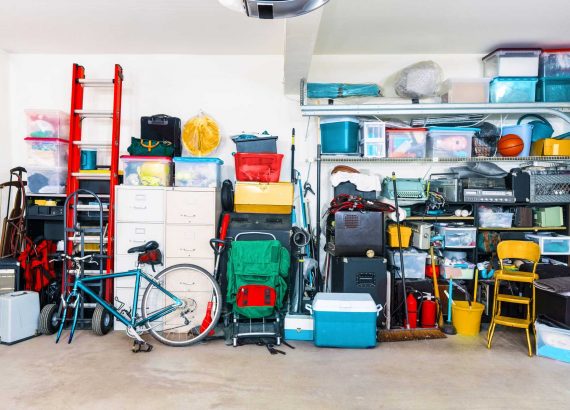

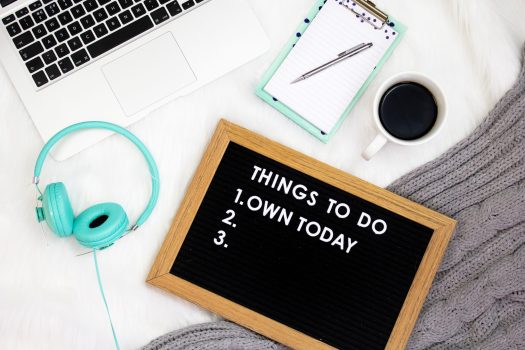
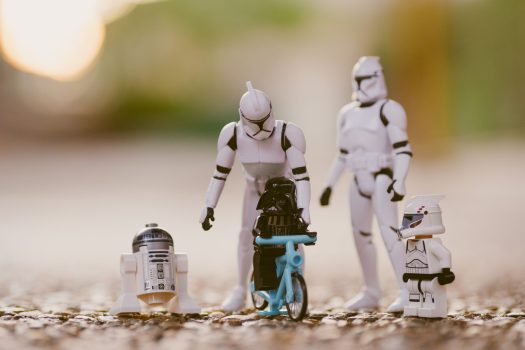
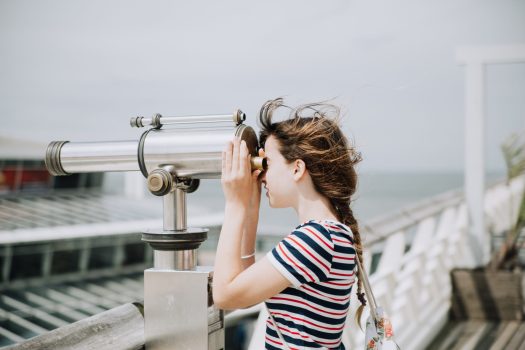




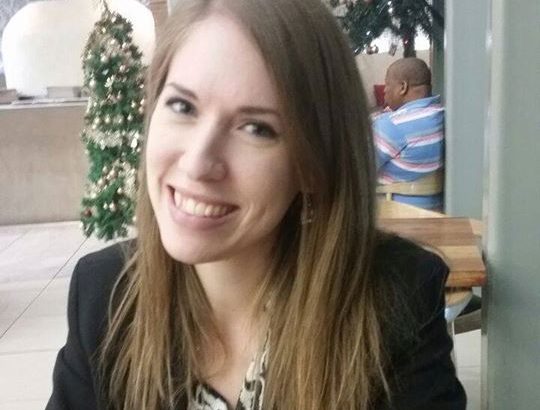
Rachel Duerden
Interesting read. We do take our hearing for granted. I’m slightly deaf in one ear. When I was about 6, I didn’t speak properly. It turned out that my adenoids were inflamed and were affecting my hearing.
After my operation, I had to have sessions with a speech therapist to learn how to speak.
That Michelle Person
That’s so interesting. Does the slight deafness affect your life?
Thanks for reading and commenting 🙂
Helen
Despite living in a community that that quite a large number of deaf people, and even after working with someone who was deaf, I still don’t know much about that community. I got glimpses of it after watching that show Switched at Birth on Freeform a few years ago.
Based on my limited exposure, it seems to me that being deaf isn’t hard. I think it isn’t so bad because human beings do have an AMAZING capacity to adjust and survive. Also, if you are born deaf, then you don’t know what it’s like to hear, so you don’t know what you are missing. You are just living to the best of your ability, same as everyone else.
Conversely, I wonder if deaf people have also asked themselves the question ,, how do hearing people live? How do hearing people deal with farts? or how do hearing people handle listening to so much audio every day, 24/7?
That Michelle Person
I agree, deaf people just go on and live life. And interesting point, deaf people must think that hearing people are weird with their constant audio 🙂
Thanks for reading and commenting 🙂